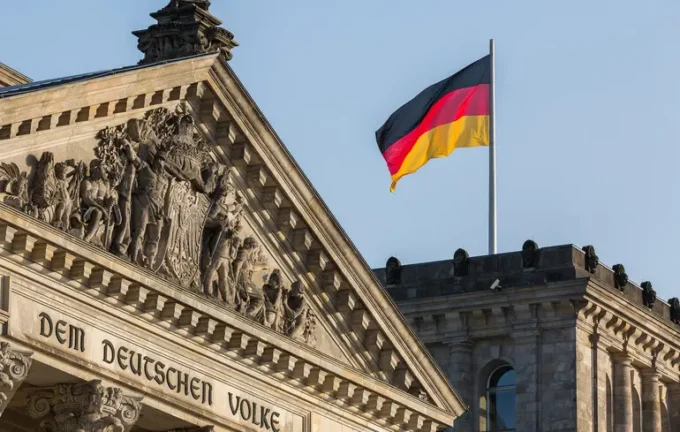Germany Discusses Potential Cessation of Social Benefits for Ukrainian Refugees: New Challenges in Social Policy

In Germany, discussions about the future of social support for Ukrainian refugees have intensified once again, sparking widespread debate among politicians and the public alike.
Bavaria's Prime Minister and leader of the Christian Social Union (CSU), Markus Söder, has proposed the elimination or significant reduction of Bürgergeld payments to Ukrainian migrants, regardless of their arrival date in Germany.
This initiative has provoked sharp reactions and cast doubts on the country’s future social policy toward foreign nationals seeking refuge.
According to German media reports, Söder urged to introduce new restrictions, arguing that Germany currently offers one of the most generous social assistance systems for Ukrainian refugees, which negatively impacts their employment prospects.
Meanwhile, ongoing discussions focus on the taxation and eligibility conditions for Bürgergeld: some fear that the system encourages unemployment or dependency, while others emphasize the need for humanitarian aid and support for those truly in need.
In 2024, Germany's budget for Bürgergeld payments exceeded €46 billion, with Ukrainians receiving around €6.3 billion.
At the same time, the number of social benefit recipients has reached a record 5.5 million.
It is noteworthy that, according to the current coalition agreement, starting April 1, 2025, newly arrived Ukrainians will receive reduced social support, at least aligned with standards for asylum seekers.
However, Ukrainian citizens arriving after this date are still entitled to full social benefit packages.
The future of Bürgergeld for Ukrainian refugees remains an open question, and its potential reduction will have significant implications for many families in need.
Parliamentary debates continue over balancing humanitarian obligations with economic efficiency, but it is clear that social policy in Germany is on the verge of major changes with potentially wide-reaching consequences for Ukrainians and other asylum seekers.

